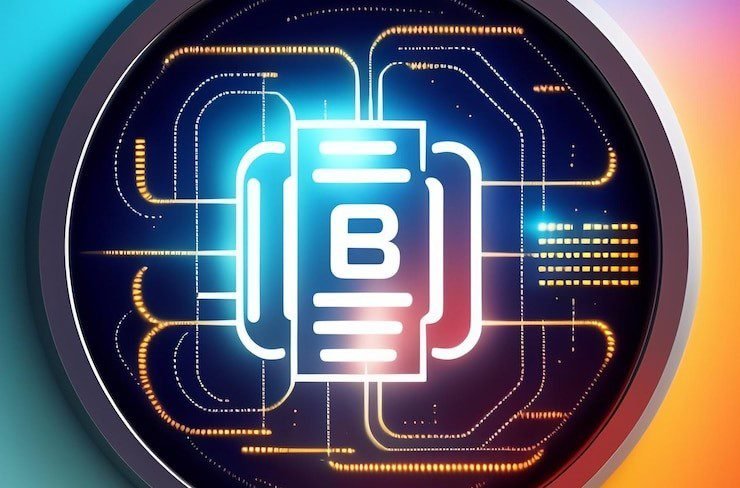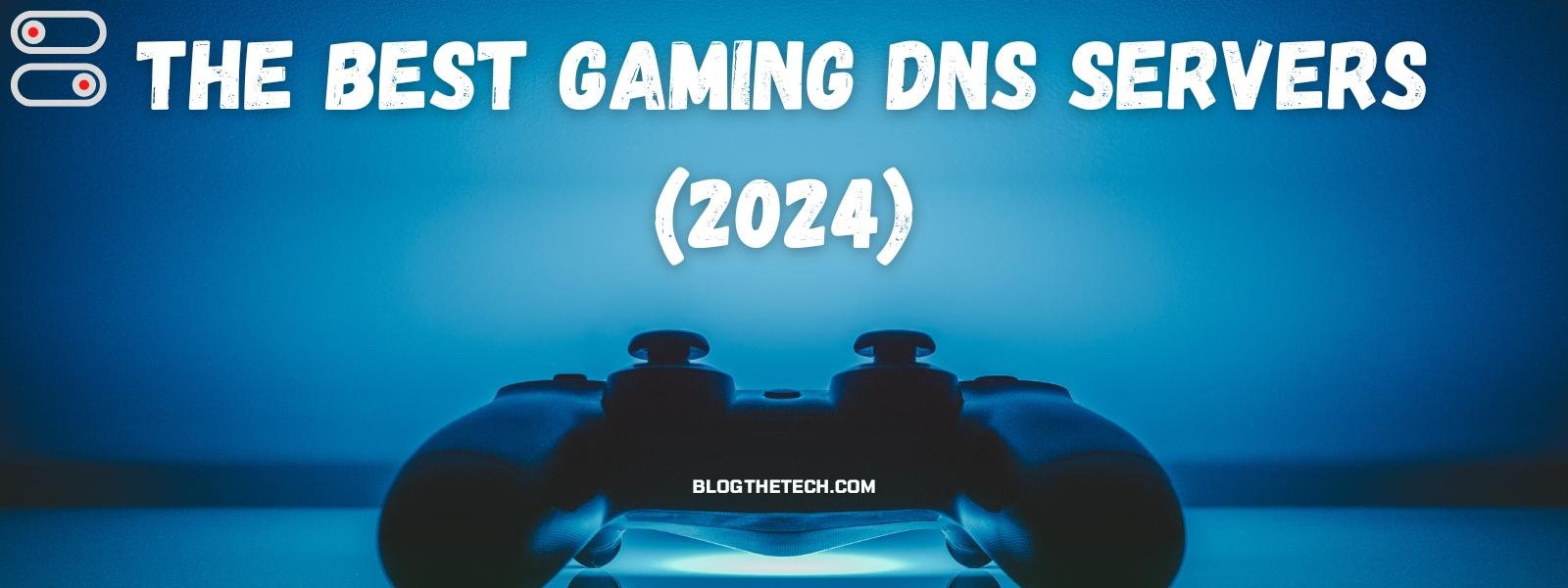Trust has been an important part of internet casinos’ relationships with players for many years. Some players have a persistent question: are the games really fair, or is the house edge rigged in some way? Licensing and rules do play a part. This is changing because provably fair (PF) technology gives players the power to check for themselves that each game is random and fair.
Provably Fair Technology Using The Power of Cryptography

Cryptography, the technology that claims to provide safe communication, is at the heart of the provably fair technical. A cryptographic seed is a random number that the casino server generates using algorithms like SHA-256, which is known for being able to make a unique fingerprint (hash) from any data. This seed is what the whole game is built on.
The cool thing is that the casino gives the player a cryptographic record of the seed before they place a bet. This hash is like a one-way mirror; it doesn’t show anything about the original seed, but it can be used to prove that it is related to the original seed later. After the player makes their bet, the casino shows them the original seed and the outcome of the game.
The next step is to check. The player can recreate the hash on their own using the widely known hashing algorithm and the seed that was given out. If this recreated hash matches the one the casino gave you earlier, it mathematically shows that the seed wasn’t changed and that the result of the game was clearly fair.
Building Trust Through Transparency
Players and casino sites can trust each other more now that everything is clear. No longer do players have to take games at face value; they can actively check that every game they play is fair. They can then make smarter choices about where to bet, which makes the experience safer and more fun.
Why blockchain is better: it makes things more open
But being fair can go further than that. Working together with blockchain systems can make the technology even better. Blockchain, a distributed record system known for not being able to be changed, can be used to store the game results and cryptographic seeds. This makes a record that can’t be changed, which adds another level of security and makes it possible for the public to check.
Not only does this openness help players, but it also plays a big role in helping casinos.
By using technology that can be proven to be fair, casinos can show they care about fair play and maybe even attract a new group of tech-savvy gamblers who value randomness that can be checked. PF can also make legal compliance easier by keeping records of how fair games are that can be checked by anyone.
What’s Possible and the Road Ahead
Even though provably fair technology is a big step forward, it’s important to be aware of what it can’t do. At the moment, PF is mostly used for provably fair games, which usually include card games like blackjack, dice games, and games that are like the lottery. Slots and other complicated games that use server-side algorithms for animations and features might not be easy to change to PF verification in their current form.
Provably fair technology, on the other hand, has more uses than what it is used for now. We can expect its reach to grow as the technology gets better and more companies start working with blockchain systems. The future of online gambling could be a world where all games, no matter how hard they are, let players check for themselves that they are fair.
This technology revolution isn’t just about building trust; it’s also about giving players more power and making the iGaming ecosystem safer and more open for everyone. As provably fair technology keeps getting better, it could change the way we gamble online and usher in a new age of player empowerment and fairness that can be checked.
Provably fair (PF) technology is a big step forward for internet gambling because it uses data to prove that games are fair. PF gives players the power to independently verify the fairness and randomness of each game by using cryptography tools like SHA-256 hashing. At the moment, though, gambling officials and game licensing companies are making it hard for legacy slot companies like NetEnt (famous for its Starburst slot) and Playn GO or Playtech (a publicly traded company) to use PF.
Being open is good for everyone. Verifiable justice gives players peace of mind and helps them trust and make smart decisions. Casinos can show that they care about fair play, which could bring in a new group of tech-savvy gamblers. PF also keeps records that can be checked, which could make following the rules easier.
There are, however, some problems. At the moment, PF is mostly used for easier games like blackjack and dice. For PF integration to work, complex slots with server-side features may need more work.
Even with these problems, the future of PF looks bright. As technology gets better and more companies join with blockchain platforms, PF will likely include more games. This could change the way iGaming works, making the whole system more open and safe for everyone involved. A lot of people think that PF is only about proof, but it’s really about giving players power and trust through the power of cryptography.





